The Role of Nutrition in Peak Golf Performance
9 January 2025
When it comes to golf, most people immediately think about technique, equipment, or mental focus. Sure, these are crucial aspects of the game, but there’s one major factor that often flies under the radar—nutrition. Yep, you read that right. What you eat can make or break your performance on the golf course. Whether you're a weekend warrior or aiming to compete at a higher level, understanding the role of nutrition in peak golf performance can give you that extra edge you didn’t know you needed.
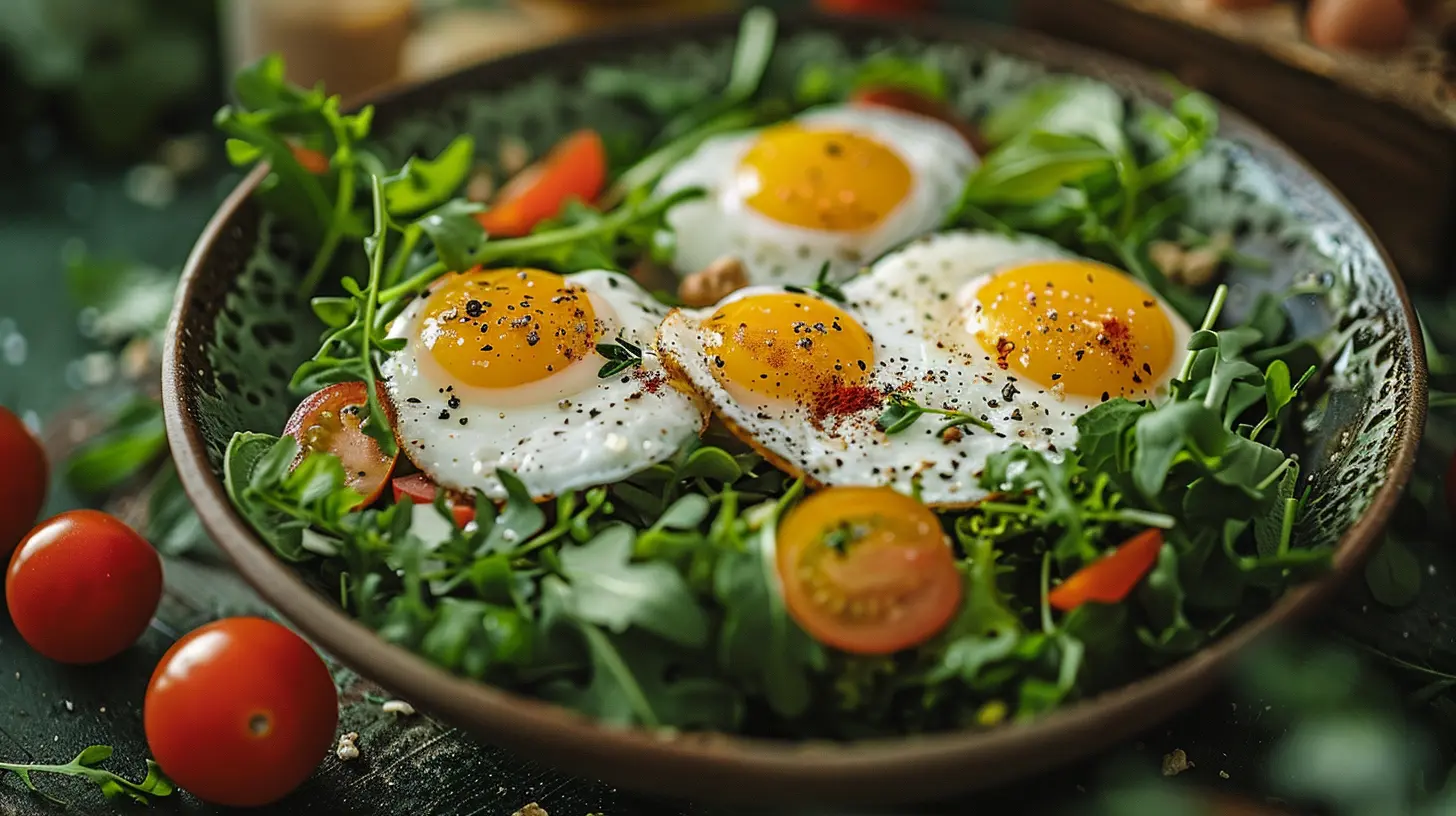
Why Nutrition Matters in Golf
Golf is often seen as less physically demanding compared to sports like football or basketball, but don’t let that fool you. Golf requires endurance, focus, precision, and even strength. Think about it—if you’re playing 18 holes, you're walking several miles, swinging a club hundreds of times, and making split-second decisions under pressure. Now imagine trying to do all of that on an empty stomach or after a sugar crash. Yikes!Good nutrition can enhance your stamina, improve mental clarity, and even help you recover faster after a long day on the course. So, if you're not thinking about what you're putting into your body, you're leaving performance potential on the table.
Nutrition: The Fuel for Your Body and Brain
Let’s break it down. Golf is both a mental and physical game. You need sharp cognitive function to calculate distances, read greens, and stay focused, especially when the pressure is on. But you also need physical endurance to maintain your form and energy for several hours. Nutrition plays a dual role here.Your body is like a car—it needs fuel to run, and the better the fuel, the better the performance. The food you eat affects everything from your energy levels to how quickly you recover between shots and rounds. That’s why eating the right nutrients, at the right time, can be the secret weapon that separates good golfers from great golfers.
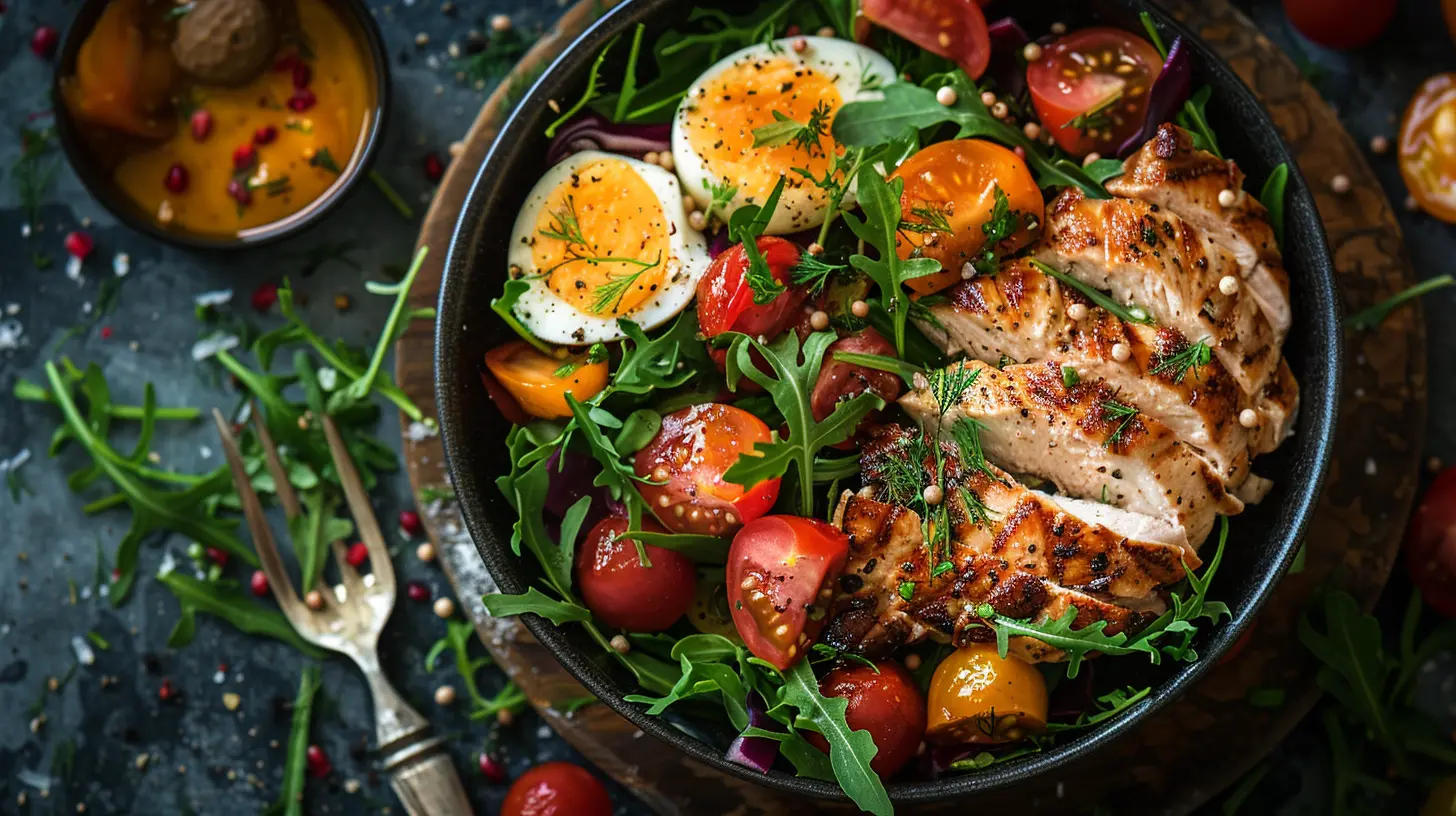
Macronutrients and Their Impact on Golf Performance
Carbohydrates: Your Primary Fuel Source
Carbohydrates are the body’s main source of energy, and for a golfer, they’re absolutely vital. Whether you’re walking 18 holes or using a cart, you still need sustained energy to get through several hours of play. Carbs provide that steady stream of fuel to keep your body going without hitting the dreaded wall of fatigue.However, not all carbohydrates are created equal. You want to focus on complex carbs—foods like whole grains, sweet potatoes, and vegetables. These release energy slowly, helping you avoid blood sugar spikes and crashes. Simple carbs, like sugary snacks or drinks, might give you a quick burst of energy, but they’ll leave you feeling sluggish before you know it.
Pro Tip: Start your day with a carb-rich breakfast like oatmeal or whole-grain toast with peanut butter. This will lay the foundation for sustained energy throughout your round.
Protein: Building and Repairing Muscles
Protein is essential for muscle repair and recovery, especially after a long day on the golf course. Every swing, every walk, and every putt engage multiple muscle groups, and protein helps rebuild these muscles, making them stronger and more resilient for the next game.Foods rich in lean protein—like chicken, turkey, fish, eggs, and plant-based options like beans or tofu—should be a regular part of your diet. Protein helps you recover faster and prevents muscle fatigue, which can affect your swing mechanics as you progress through the round.
Pro Tip: A post-round meal rich in protein will help you bounce back quicker and feel less sore the next day.
Fats: The Slow-Burning Energy Source
Fats are often misunderstood but, when consumed in moderation, they’re an excellent source of long-lasting energy. Healthy fats from foods like avocados, nuts, seeds, and olive oil can provide the slow-burning fuel you need, particularly during long rounds of golf.Unlike carbs, which give you quick energy, fats provide a more sustained form of energy. This makes them particularly useful for the back nine when you’ll need to maintain focus and endurance.
Pro Tip: Incorporate healthy fats into your snacks, like a handful of almonds or some avocado slices, to keep your energy levels stable during a long round.
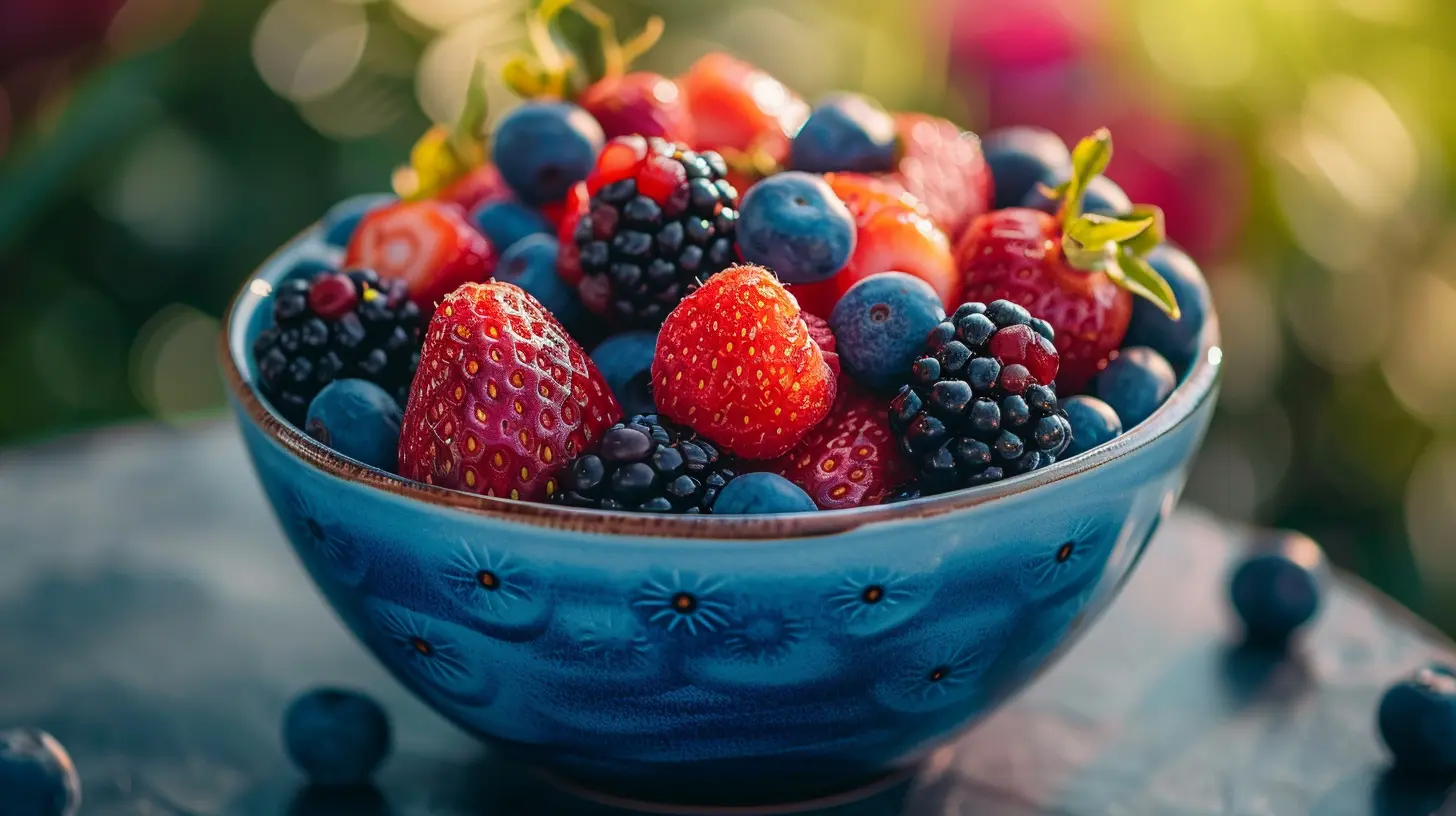
Timing Your Meals for Optimal Performance
You wouldn’t expect a car to run well if you filled it with fuel right before a race, right? The same goes for your body. Timing your meals and snacks is crucial to ensuring that your body has the right fuel at the right time.Pre-Round Nutrition
What you eat before a round can significantly impact your performance. You want to focus on a balanced meal that includes complex carbs, lean protein, and healthy fats about 2-3 hours before tee time. This meal should be light enough that it doesn’t weigh you down but substantial enough to carry you through the early stages of your round.For example, a grilled chicken sandwich on whole-grain bread with a side of mixed veggies would be a perfect pre-round meal. It’s balanced, full of nutrients, and provides sustained energy.
During the Round
Staying fueled during the round is just as important. You’ll want to avoid large meals, as they can make you feel sluggish. Instead, opt for light, nutrient-dense snacks that you can easily eat between holes. Energy bars, trail mix, bananas, or a small turkey wrap are great options.Also, don’t forget about hydration! Dehydration can lead to fatigue and loss of concentration, two things you absolutely want to avoid. Drink water consistently throughout the round, and consider a sports drink with electrolytes if you're playing in hot weather.
Post-Round Recovery
After a long day on the course, your body needs to recover. A mix of protein and carbs will help replenish your energy stores and repair muscle tissue. Something like a grilled salmon salad with quinoa or a turkey and avocado wrap would be ideal.This is also the time to rehydrate. Not just with water, but also with something that contains electrolytes to help restore the balance of fluids in your body.
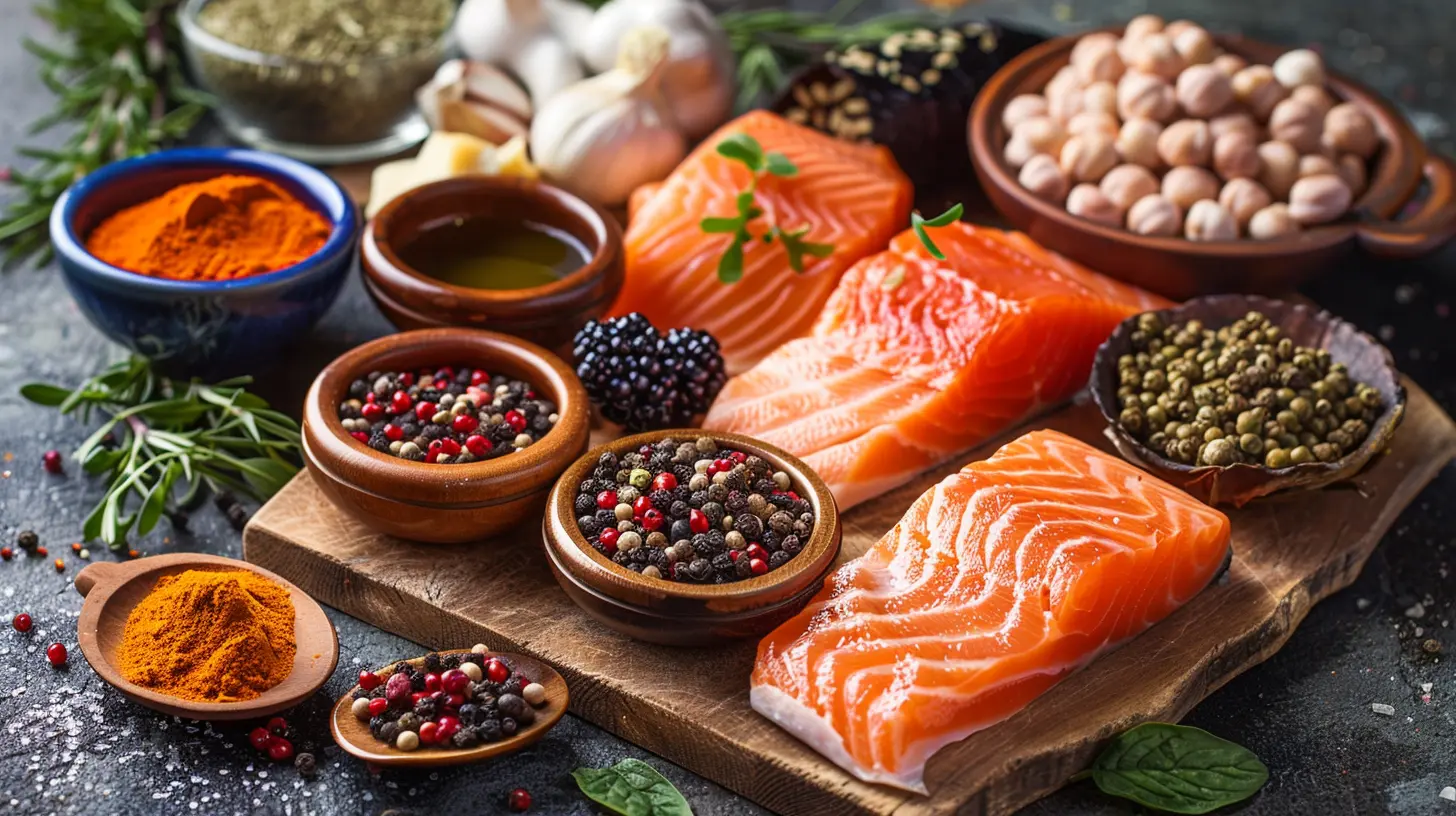
Hydration: The Silent Game-Changer
You know how they say that water is life? Well, it’s also your best friend on the golf course. Staying hydrated is key for both physical and mental performance. Even mild dehydration can lead to fatigue, headaches, and loss of focus—all things that can throw your game off.When you're out on the course for several hours, especially on a hot day, your body is constantly losing fluids. It’s essential to replace these fluids throughout the round, not just when you feel thirsty. Sipping water regularly is the best way to stay hydrated.
Pro Tip: Start hydrating the day before your round. This ensures that your body is properly hydrated when you step onto the course, rather than playing catch-up after you’ve already lost fluids.
Specific Nutrients for Golfers
While macronutrients (carbs, proteins, and fats) are the big players, certain micronutrients can also give you an edge on the course.Vitamin D
Vitamin D is important for bone health and muscle function. Strong bones and muscles are essential for maintaining a consistent swing and avoiding injury. You can get Vitamin D from sunlight (which you'll hopefully be getting plenty of while golfing), but it’s also found in foods like eggs, fish, and fortified cereals.Magnesium
Magnesium helps with muscle relaxation and recovery. It's particularly useful for preventing cramps, which can be a real pain during a long round. Foods rich in magnesium include nuts, seeds, leafy greens, and whole grains.B-Vitamins
B-vitamins play a key role in energy production and mental clarity. These are crucial when you're out on the course, making quick decisions and maintaining focus. Foods like lean meats, eggs, and leafy greens are great sources of B-vitamins.
Avoiding Common Nutrition Pitfalls
Now that you know what to eat, let’s talk about what to avoid. Many golfers make the mistake of reaching for the wrong snacks or meals, both before and during a round. Here are a few common pitfalls you should avoid:- Sugary snacks or drinks: While they might give you a quick energy boost, they’ll lead to a crash that could leave you feeling worse than before.
- Heavy or greasy meals: These can make you feel sluggish and uncomfortable, which is the last thing you need when you’re trying to focus on your game.
- Skipping meals: Some golfers think that skipping a meal will help them stay light and focused. In reality, it’ll leave you feeling fatigued and mentally foggy.
Final Thoughts: Fuel Like a Pro
Golf may not be as physically intense as some other sports, but don’t underestimate the role that nutrition plays in your performance. Eating the right foods at the right times can boost your stamina, improve your mental focus, and even enhance your swing mechanics. So next time you’re prepping for a big round, remember—how you fuel your body can make all the difference.Whether you're just getting into the game or you're already a seasoned player, paying attention to your nutrition could be the secret to unlocking your best performance yet.
all images in this post were generated using AI tools
Category:
GolfAuthor:

Umberto Flores
Discussion
rate this article
21 comments
Judith McCaffrey
This article highlights a crucial yet often overlooked aspect of golf. Nutrition truly influences performance; understanding its impact can be the difference between a good round and a great one.
April 4, 2025 at 10:35 AM

Umberto Flores
Thank you! I'm glad you found the article insightful. Nutrition is indeed a game-changer in golf performance.
Thane Rogers
Nutrition plays a crucial role in golf performance, impacting focus, endurance, and recovery. A balanced diet tailored to individual needs can enhance overall game effectiveness significantly.
February 9, 2025 at 7:36 PM

Umberto Flores
Thank you for your insights! I completely agree—optimal nutrition is essential for maximizing performance on the golf course.
Kristen Hill
Swinging clubs and munching snacks—who knew golf could be so tasty? Fueling up with the right nutrition is like finding the perfect tee time: it makes all the difference! Here’s to driving our way to birdies, all while savoring those greens! 🏌️♂️🥗
February 4, 2025 at 7:58 PM

Umberto Flores
Absolutely! Nutrition is key to maintaining energy and focus on the course. Cheers to fueling both our game and our cravings! 🏌️♂️🥗
Juliana Sharp
Nutrition directly impacts energy, focus, and endurance—essential for golfers.
February 1, 2025 at 8:05 PM

Umberto Flores
Absolutely! Proper nutrition fuels not only physical performance but also mental clarity, both vital for golfers looking to maximize their game.
Berenice Graham
Nutrition is crucial for performance.
January 28, 2025 at 11:46 AM

Umberto Flores
Absolutely! Proper nutrition fuels the body, enhances energy levels, and supports recovery, all essential for peak golf performance.
Katherine Bennett
Great article! It’s amazing how much of a difference nutrition can make on the golf course. As someone who loves the game, I never realized that what I eat could impact my swing. Time to revamp my snacks for the next round!
January 24, 2025 at 1:15 PM

Umberto Flores
Thank you! I'm glad you found it insightful. Nutrition can truly enhance your game—enjoy revamping those snacks!
Daniella McFadden
Nutrition is often overlooked in golf, yet it plays a crucial role in performance. Proper fueling can enhance focus, stamina, and recovery on the course. Golfers should prioritize a balanced diet that includes carbohydrates, proteins, and hydration to truly optimize their game.
January 20, 2025 at 5:19 AM

Umberto Flores
Absolutely! Nutrition is key to enhancing golf performance, providing the energy and focus needed for optimal play. A balanced diet and proper hydration are essential for every golfer.
Adria McCall
Great article! It’s amazing how much of a difference nutrition can make on the course. Fueling up right not only boosts performance but also makes those long days on the greens more enjoyable!
January 16, 2025 at 5:15 AM

Umberto Flores
Thank you! I'm glad you enjoyed the article and recognize the vital role nutrition plays in enhancing both performance and enjoyment on the course!
Hadley Collins
Forget the clubs—it's all about the snacks! If a balanced diet means my driver hits further, I’m swapping protein shakes for peanut butter sandwiches on the green! 🥜🏌️♂️
January 15, 2025 at 9:00 PM

Umberto Flores
Absolutely! Snacks can play a vital role in fueling performance on the course. Just remember to balance your favorites with other nutrients for optimal results! 🏌️♂️💪
Dusk McCune
Nutrition is crucial for golfers seeking peak performance. A balanced diet enhances energy, focus, and recovery, while hydration supports endurance. Prioritize whole foods and stay hydrated for optimal results on the course!
January 15, 2025 at 1:47 PM

Umberto Flores
Thank you for your insightful comment! I completely agree—nutrition plays a vital role in enhancing a golfer's performance. Prioritizing whole foods and hydration is key to achieving peak results on the course.
Theodora McClendon
Nutrition is a game-changer in golf. Fueling the body with the right balance of nutrients enhances stamina, focus, and recovery. Players committed to a tailored nutrition plan will undoubtedly see improvements in their performance on the course.
January 15, 2025 at 4:18 AM

Umberto Flores
Absolutely! Nutrition is crucial for golfers, impacting stamina, focus, and recovery. A personalized nutrition plan can significantly enhance on-course performance.
Victor Webster
Great article! It's inspiring to see how nutrition plays such a crucial role in achieving peak performance in golf. Every player deserves to understand the importance of fueling their body for success. Thank you for sharing!
January 14, 2025 at 5:58 AM

Umberto Flores
Thank you for your thoughtful comment! I'm glad you found the article inspiring and that you recognize the vital role nutrition plays in golf performance. Happy golfing!
Miriam Franco
Great insights on how nutrition impacts golf performance! It’s fascinating to see how the right balance of nutrients can enhance stamina and focus on the course. Players should definitely prioritize their diet to maximize their game. Keep it up!
January 13, 2025 at 8:42 PM

Umberto Flores
Thank you for your thoughtful comment! I'm glad you found the insights valuable. Nutrition truly plays a crucial role in enhancing golf performance.
Faryn Reynolds
Great insights on the impact of nutrition in golf! It's fascinating how the right fuel can enhance performance and recovery. I appreciate the emphasis on a balanced diet—definitely a crucial aspect for any golfer looking to reach their peak potential. Thank you!
January 13, 2025 at 3:54 AM

Umberto Flores
Thank you for your kind words! I'm glad you found the insights valuable—nutrition truly plays a vital role in enhancing performance and recovery for golfers.
Indie McCall
This article effectively highlights the crucial intersection of nutrition and golf performance. It underscores how tailored dietary strategies can enhance endurance and focus, ultimately reflecting the importance of holistic training regimes in achieving peak performance on the course. Insightful read!
January 12, 2025 at 12:00 PM

Umberto Flores
Thank you for your thoughtful feedback! I'm glad you found the article insightful and appreciate your perspective on the importance of nutrition in enhancing golf performance.
Pearl Lewis
Nutrition is key for golfers; proper hydration and balanced meals enhance energy, focus, and recovery, ultimately improving performance on the course. Fuel wisely to play your best!
January 11, 2025 at 12:29 PM

Umberto Flores
Thank you for highlighting the importance of nutrition! Proper hydration and balanced meals are indeed essential for optimizing performance and recovery in golf. Fueling the body wisely can make a significant difference on the course.
Amos Palmer
Nutrition plays a crucial role in optimizing golf performance. Proper fueling enhances endurance, concentration, and recovery, allowing players to maintain focus throughout long rounds. A balanced diet can be the secret weapon for achieving peak performance on the course.
January 10, 2025 at 12:51 PM

Umberto Flores
Absolutely! Nutrition is essential for golfers, as it supports endurance, focus, and recovery, ultimately enhancing overall performance on the course. Thank you for highlighting its importance!
Simon Schultz
Great article! It's fascinating to see how nutrition impacts golf performance. I often overlook its importance, but it’s clear that what we eat can make a significant difference on the course. Thanks for shedding light on this topic—definitely inspired to pay more attention to my diet!
January 10, 2025 at 5:40 AM

Umberto Flores
Thank you so much for your kind words! I'm glad you found the article inspiring—nutrition really can make a big difference in performance. Best of luck with your dietary choices on the course!
Zylith Vaughn
Nutrition is fundamental for golfers aiming for peak performance. A balanced diet enhances energy levels, focus, and recovery. By prioritizing proper nutrition, athletes can significantly improve their game, making it an essential aspect of training and competition.
January 9, 2025 at 9:43 PM

Umberto Flores
Thank you for highlighting the crucial link between nutrition and golf performance! A balanced diet indeed plays a vital role in optimizing energy, focus, and recovery for athletes. Your insights reinforce the necessity of prioritizing nutrition in training and competition.
Remi Reilly
Nutrition fuels performance; optimal hydration and balanced meals enhance focus, stamina, and recovery, essential for achieving peak results on the course.
January 9, 2025 at 2:01 PM

Umberto Flores
Absolutely! Proper nutrition and hydration are crucial for golfers to maintain focus, stamina, and recovery, ultimately leading to enhanced performance on the course.
Elise McKellar
Nutrition plays a crucial role in achieving peak performance in golf. Proper fueling enhances energy levels, concentration, and recovery, allowing players to maintain focus throughout rounds. Key nutrients, including carbohydrates, proteins, and hydration, are essential for sustaining endurance and optimizing physical and mental capabilities on the course. Consistency is key.
January 9, 2025 at 5:48 AM

Umberto Flores
Thank you for your insightful comment! I completely agree that proper nutrition is vital for enhancing performance in golf, impacting everything from energy levels to mental focus. Consistency in fueling the body plays a crucial role in achieving peak performance on the course.
MORE POSTS

The Science Behind Dynamic Warm-Ups for Injury Prevention

Hockey’s Most Memorable Overtime Moments

HIIT vs. Steady-State Cardio: Which Is Right for You?
When Heroes Fall: The Dark Side of Sports Icons

Whistleblowers: How Referees Shape the Flow of the Game

How to Hit a Draw or Fade: Shot-Shaping Tips
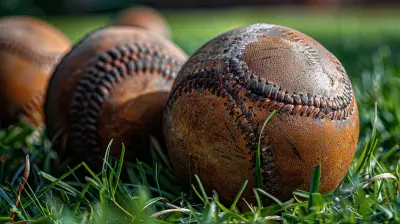
Behind the Headlines: The True Stories Behind Major Sports Scandals

Scandal in the End Zone: Controversies That Rocked American Football

How to Spot Early Signs of Overuse Injuries
The Game Was Rigged: How Scandals Tarnished Iconic Matches

The Impact of Technology on Tennis: From Racquets to Instant Replay

Hockey Rivalries That Defined Eras: Classic Matchups Revisited

How Club Team Managers Shape the Identity of Their Squads